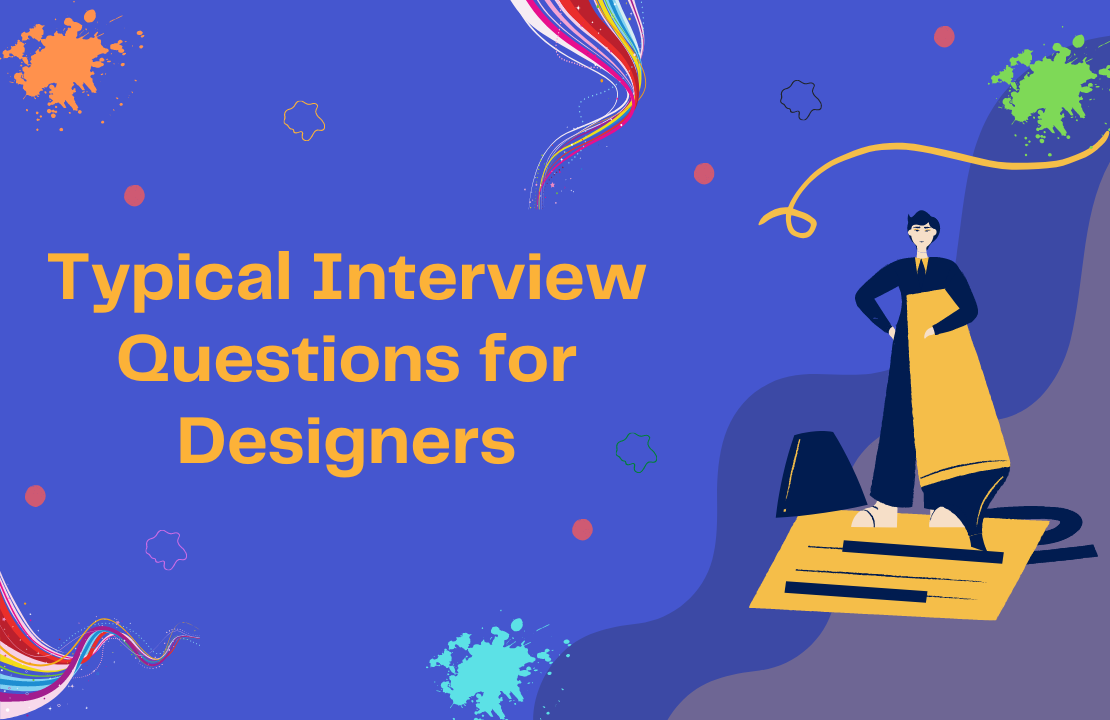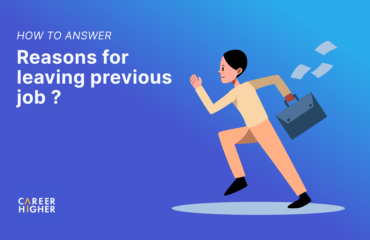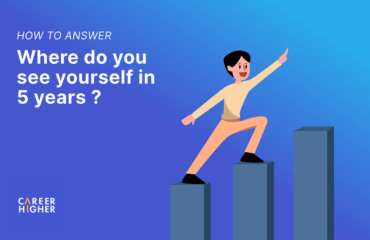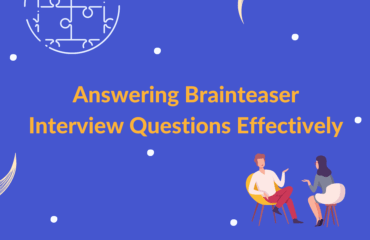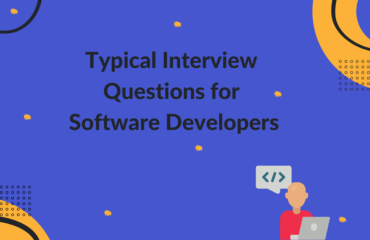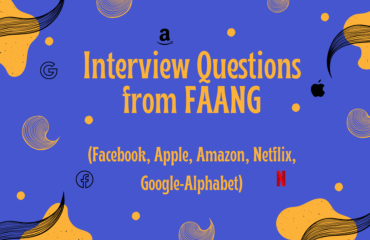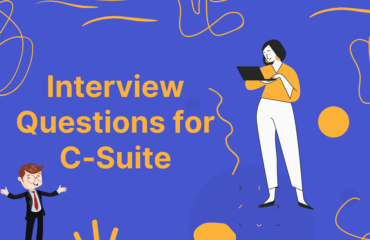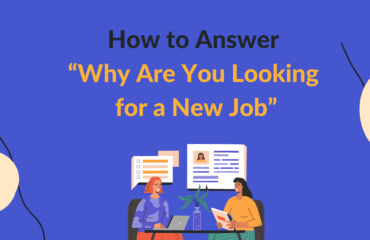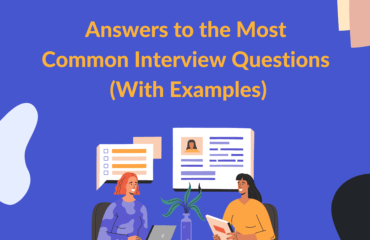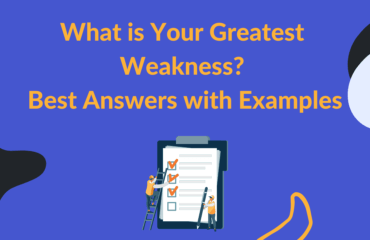Table of Contents
According to research, 73% of companies invested in designs in 2018, in order to differentiate their online branding. Since COVID-19 arose, more and more companies digitized their processes, resulting in increased demand for graphic designers. If you read this, you are probably a designer getting ready for a job interview. This blog post will help you thrive by providing insights on what skills companies are looking for and typical interview questions hiring managers to ask. Let’s go!
Good to know: This blog post is addressed to designers seeking a job in a company dealing with one brand or an agency dealing with multiple brands. Freelance designers can also find some inspiration to pitch to clients.
What skills are employers looking for in a designer?
A quick look at job sites can always be helpful in understanding what are the most wanted skills in a designer. It is important to be aware of these because interviewers ask questions to identify whether you have them or not. They are pivotal to preparing your answers before your interview and getting that job. To save your time, we have crafted lists of soft and hard skills to work on:
Soft skills
- Creativity and innovative ideation
- Attention to detail
- Aesthetics
- Communication skills
- Presentation skills
- Time management
- Organization skills
- Multi-tasking
- Versatility
- Teamwork
- Agility
- Stress management
Hard skills
- Illustration
- Photo/Video editing
- Typography
- Branding
- Coding (HTML, CSS, C++, Java)
- Specific software (e.g., Adobe Creative Cloud, Sketch, WordPress)
- Technical equipment (DSRL, Video camera, etc.)
Typical interview questions for designers
In order to evaluate you, hiring managers will first ask a series of questions regarding your personality, experiences, and motivations — that we will skip — and then, they will focus on your designer skills. Their goal is to hire a person who not only has what it takes for the job but also shares the values and culture and matches the company’s visual branding (or the agency’s clients). So make sure to research your future employer beforehand. It is also important to remember that interviewers will inquire about your portfolio and most likely show you a design to work on the spot. Now, let us see what the most typical interview questions for designers are.
1) Portfolio-based questions
The evaluation process starts from the moment you submit your resume, cover letter, and portfolio. Apart from creating a custom-made portfolio based on your target employer, you should study it before your interview. Here are five questions you will face:
- How did you design your portfolio?
- How long did it take you to complete this design?
- What tools did you use to create this?
- What resources did you use for this project (fonts, templates, libraries, etc.)?
- Would you change something in this older design? What would that be?
a) Interview questions both companies and agencies ask
As we mentioned earlier, both companies and agencies recruit designers. The main difference is the number of brands. At its core, though, the skills needed for the role are the same, and so are some questions:
- What inspires you?
- What is your brainstorming process?
- What do you do when you hit a creative block?
- What are your two favorite projects? What was your role in them?
- What software do you use?
- Do you prefer working alone or with others?
- You are working on a project, and you realize that you are going to miss the deadline. What would you do?
- How do you handle negative feedback?
- What is your favorite color? How would you describe it to someone who is blind from birth?
- When do you know a design is complete?
- How do you collaborate with developers?
- What are your three favorite product/company logos?
2) Case-study interview questions
Interviewers often enjoy a live skill assessment. In your case, this could be a design. Expect this practice, and before answering these questions, take your time to structure your answer. Honesty accompanied by politeness will also help you thrive on these questions:
- What do you think of this x?
- What would you change in this design? Why?
- What visual would you use in this spot? Why?
- Do you see any flaws in this web page?
- What design campaign would you create for this?
a) Interview questions that companies ask
Here is the part where we will differentiate the interview questions a little bit. In-house designers do not have to deal with different brands nor with the fast-paced environment of an agency. Interviewers will focus more on your perception and vision of the brand. Here are five questions to work on:
- What would you change in our logo?
- What would you change in our branding?
- How would you improve our UI/UX?
- What do you think are our competitor’s branding strengths?
- How would you adapt our brand to different audiences?
b) Interview questions that agencies ask
Agencies are mainly looking for an agile and versatile person. The interview questions will focus on those skills and, of course, your ability to communicate with clients. How would you respond to these questions?
- Describe a time when the roadmap of a project changed in the middle. How did you react and adapt to change?
- How would you respond to a client who doesn’t like your designs?
- How comfortable are you with short deadlines?
- Do you prefer being assigned a single brand or multiple? Why?
- What would you need to learn about a brand?
Before you go
Remember that interviewers will dive into those questions once they learn more about you. This means that you should practice general questions such as personality, behavioral or competency-based. Also, keep in mind to design your own questions to ask. And if you hit a creator’s block, read this blog post here. Following the interview, read the Signs you will get the job after an interview article to find out if you have succeeded.
